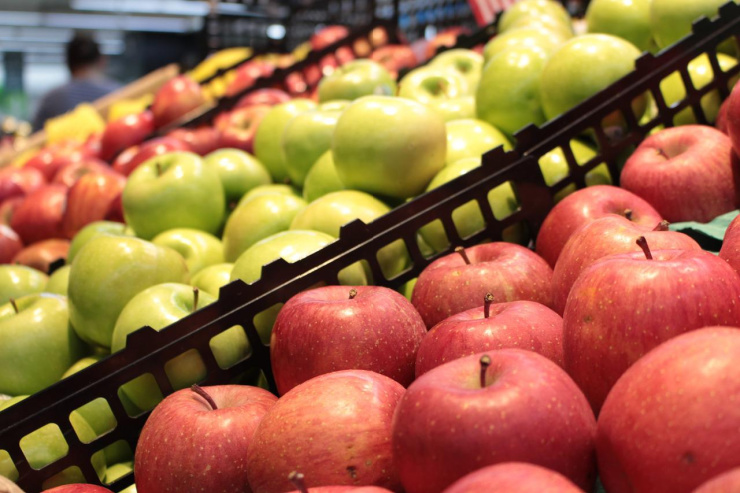However, there are individual changes one can make to lead a more sustainable life, which could have a major impact on the wider world. Here are three effective ways to live an eco-friendly lifestyle.
Reducing Your Use Of Plastics
Consumption is one of the key drivers behind wastefulness and unsustainable living – something we will touch on more later. One of the key reasons, though, is the regular consumption and waste of plastics in our day-to-day lives. Whether the wrapping of a sandwich or the bottle that holds our shop-bought water, plastic packaging is everywhere and represents a real cost to the environment.
Sometimes it is the smallest, simplest changes that can have the most impact. Swapping plastic water bottles for a single, re-usable metal bottle or flask can drastically reduce the amount of plastic for which you are responsible; likewise, with making your own lunches at home instead of buying from a supermarket.
Changing Your Driving Habits
If you are part of a driving household, the fact remains that the single biggest contributor to your impact on the environment is the car you use. The direct burning of fossil fuels introduces toxic materials into the local air, as well as introducing carbon dioxide into the atmosphere. Curbing or curtailing your reliance on your car, or swapping it for a zero-emissions vehicle, can represent a profound change to your overall household sustainability.
Forgoing private transport altogether in favour of public transport, cycling or walking is invariably the best option, environmentally speaking. But for those who still need to drive on occasion, vehicle rental or borrowing from a family member is still an option – all you would need is car insurance for a day in order to make your journey, before returning the car and returning to your sustainable alternative forms of travel.
Buying Less
Previously, I talked about the impact of plastics, and the importance of reducing single-use plastics reliance in your life. But doing this reveals a wider argument for the reduction in your spending altogether. Our modern practises when it comes to consumption are upheld by a vast, global network of manufacture, logistics and supply – all of which come with a heavy environmental burden. Put simply – the less we buy, the less we pollute. So why not learn how to mend clothes, and how to upcycle furniture?
There are a number of ways we can have a positive impact personally while impacting the emissions of larger businesses. Buying locally, and buying sustainably from smaller independent businesses can reduce overall reliance on international shipping. Buying second-hand can have a knock-on effect on demand for new devices and flat-pack furniture. Small lifestyle changes can have a big holistic impact, as well as serving to improve your local economy.
*Collaborative post








No comments